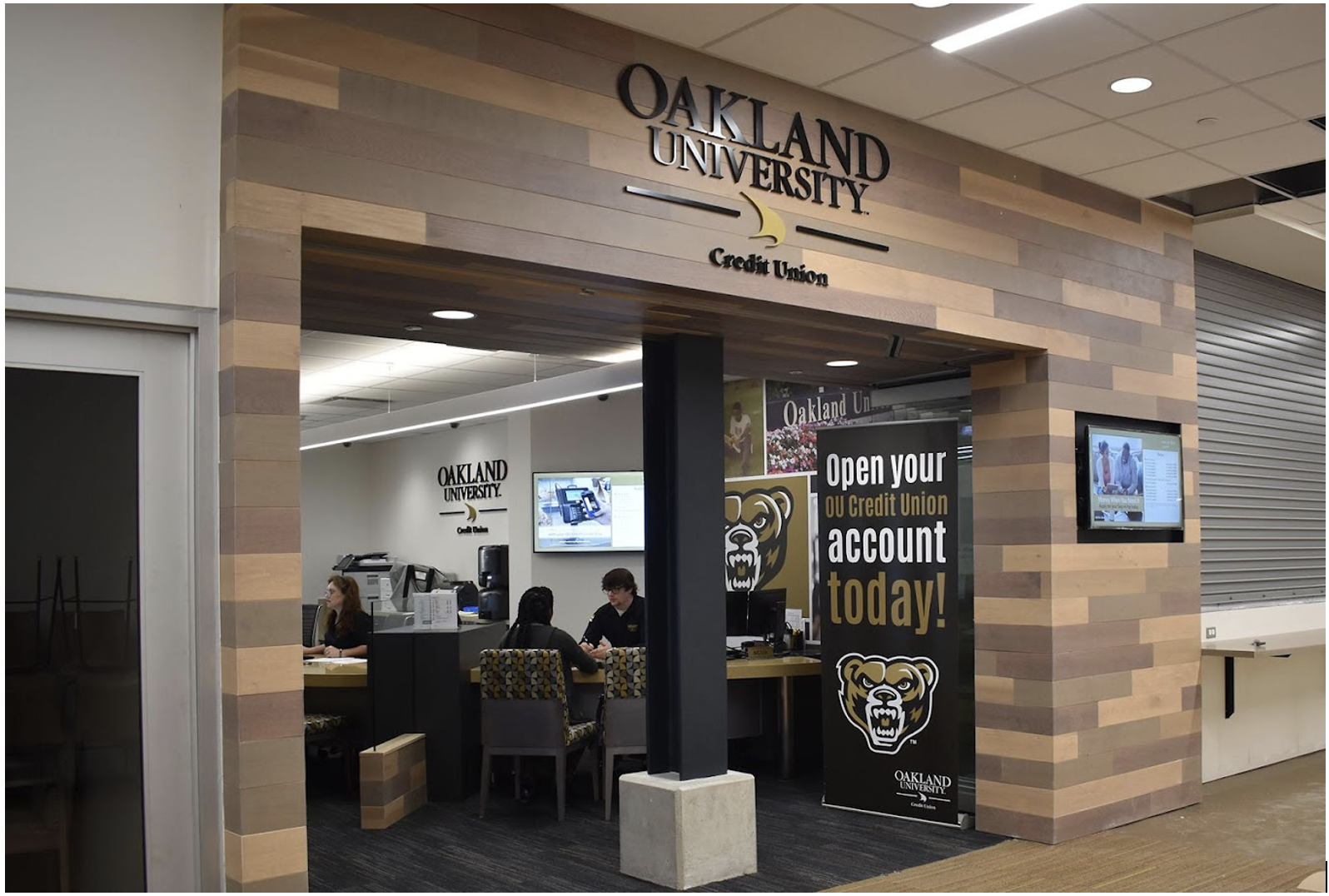“What’s in a name? That which we call a rose, by any other word would smell as sweet.”
Juliet compares Romeo to a rose saying that if he were not named Romeo he would still be handsome and be Juliet’s love. Shakespeare’s metaphor might not work as well today. For there are numerous varieties of ornamental roses that produce little or no fragrance.
And so it is with credit union names. Some are closely linked with the founding charter: State Employees, Stanford, American Airlines, and Utility Employees. Some reflect an enhanced market ambition: Affinity, Summit, Community, or even Global.
Finally, there are some that are just plain head-scratchers —made-up words meant to convey an impression or feeling that is not immediately clear.
Names can inform and enhance a credit union’s legacy relationships, or they can signal an effort to begin a new future, unbounded by previous limitations. Two examples follow.
A credit union name but no charter

The headline caught my attention: “$5 million Naming Rights Deal Signed by Oakland University Credit Union” (Credit Union Times, April 21, 2023)
Oakland University is real with 15,000 students. The agreement gives the credit union branding exposure with the newly christened OU Credit Union Arena.
OUCU has a website with pictures of the campus branch. It announces that so far in 2023 “we’ve saved our members $10.2 million in loan interest by refinancing their high-rate loans from other institutions to OU Credit Union.”
Despite these visual cues, OUCU is not a credit union. Rather it is a trade name created in 2013 by the $7 billion MSUFCU. The OUCU website continues with this dual personality. The About Us link goes directly to MSU’s home page. The OU Credit Union Community shows pictures and events focusing on campus life.
The name and marketing examples in the website certainly communicate a commitment to this segment. MSUFCU also operates two generic digital-only brands, Collegiate and AlumniFi, to serve other college groups with “white label” (non-MSU) names.
The OUCU trade name would seem to be an effective way to focus on a specific group, one that would seem very similar to MSUFCU’s institutional experience. One could suggest this DBA is similar to a co-branded credit card from an airline or other retailer. It is not the airline doing the financing, but just providing a marketing introduction to its consumers for the bank which is responsible for all the underlying transactions.
With its 10-year, $5 million sponsorship and on-site services, MSUFCU is certainly investing in this partnership. The only rub might come if an OUCU member decides to exercise some of the other aspects of member-ownership such as running for the board or expressing a concern about an aspect of the credit union’s service.
Can the DBA marketing model lead to member misimpressions about their role or credit union relationship? This example of branding has worked well for almost a decade. It is still hard to avoid the feeling that this is not the “full credit union monty” even with the linked disclosures on the website.
A promise to keep the name
Another example is retaining the name, even after a merger, to respect the power of member loyalty. It also suggests an ongoing commitment to preserve the best aspects and local responsiveness despite the merger which transfers full control and resources to another credit union.
In March 2021, I described the proposed merger of Maine’s oldest credit union, chartered in 1921 as Telephone Workers, renamed Infinity, with Deere Employees in Moline, IL.
Describing the reason for merging the $341 million credit with almost 10% capital, CEO Elizabeth Hayes gave the following logic and commitments in a January 31, 2021 Credit Union Times interview:
“Hayes said when local credit unions merge there is often ‘overlap’ that can reduce the effectiveness of the combination.
“‘Merging with a credit union out-of-state gives you advantages,’ Hayes stated. ‘One is the increase in intellectual capital. I can’t stress that enough.’
“Hayes said with the out-of-state combination there is going to be no reduction in offices, no reduction in staff, and the chance for her existing 90-person team to be part of a larger organization with greater opportunities to grow and remain with the credit union.
“Infinity FCU will keep its name and local control. Hayes will stay on as Maine market president.
“Hayes said keeping the credit union’s name was important to Infinity. ‘We can keep our brand, which is important. There are a lot of members who feel very vested in their credit union and they will continue to feel vested with Infinity.'”
Recently several Maine credit unions sent an update on the merger regarding the name, local control, and feeling vested.
Hayes’ tenure as the Maine market president lasted about one year. There has been much employee turnover and Deere staff has moved from Moline to help Infinity fulfill its ambition to serve all “Maine-kind,” as stated on Infinity’s website.
However, this spring brings a more consequential update especially when compared with the original justifications for the merger. Infinity and its Deere parent are changing to use a common name and brand: EMPEOPLE.
From the website: “As we look forward, we have a vision for growth that builds on this legacy with an even stronger focus on financial empowerment for our members. It is important that our brand reflects our path forward. One that honors our history and represents a strong future. With a legacy of service and a vision for growth, our focus is on creating a path to financial health for our members, their families, and the communities we serve.”
It would appear that Infinity’s merger commitments of an independent operation, “keeping its name and local control,” and respecting “members who feel vested in this credit union” is now gone.
“Keeping the credit union’s name was important to Infinity,” said former President Hayes in her interview.
Given all the Infinity-Deere’s post-merger actions, it would certainly be reasonable for members to question these new rhetorical statements and rebranding. One wonders what would happen if the EMPEOPLE member-owners became skeptical of all this verbosity and simply walked away.
The end of Romeo and Juliet
Credit union names matter. Both case studies are examples that can be found throughout credit union land.
In the first case, the credit union is investing in creating a brand to build relationships with a community partner. In the second the credit union is walking away from its past into a future with a name that causes one to ask, what were they thinking?
In Shakespeare’s play, Romeo and Juliet die. While the families reconcile, it has a price as the Prince states: “For never was a story of more woe/Than this of Juliet and her Romeo.”
What’s in a name? Contrary to Juliet’s poetic assertion, they matter, for better or worse.
























































